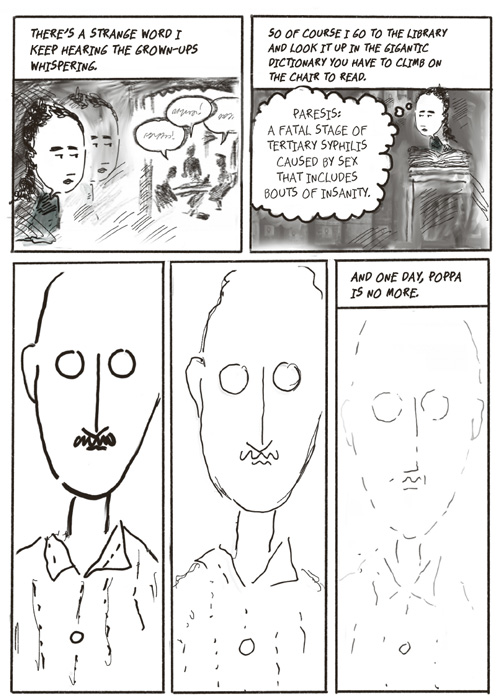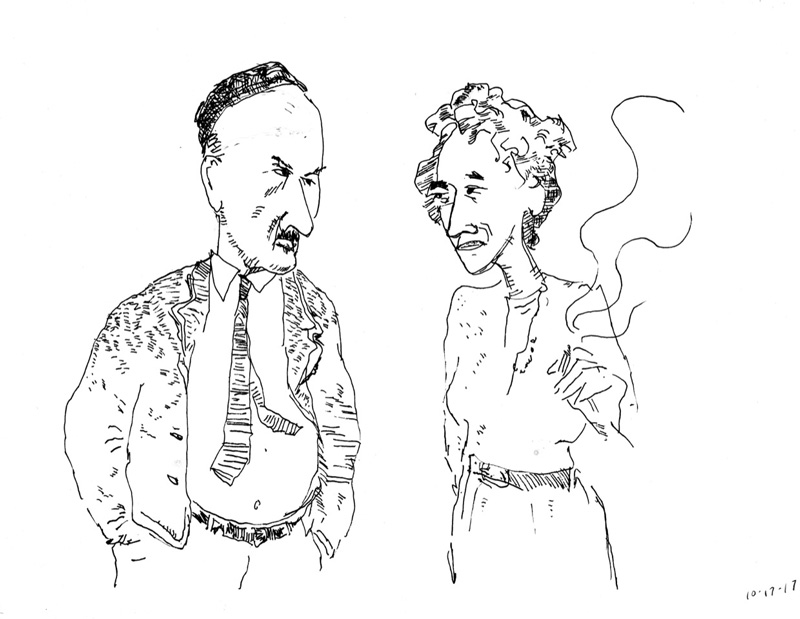Every Wednesday at lunchtime for six years,
Ken Krimstein walked to the offices of the New Yorker and slid a batch of cartoons through the narrow submission slot. For six years he got rejection letters. Then, one day, he didn't.
 Ken Krimstein, professional lecturer (Photo by Richard Shay)
Ken Krimstein, professional lecturer (Photo by Richard Shay)
"Next to getting married and my children being born, that was the biggest moment of my life," says Krimstein, a professional lecturer in the College of Communication.
Now his cartoons appear regularly in the New Yorker, the Wall Street Journal, Barron's and other national publications. He's famed for lampooning life's little annoyances, especially in New York City. His targets include obnoxious signage, discontented couples and people on cellphones. His first sale? A sophisticated woman perched on a tractor at a cocktail party, proudly telling onlookers that she got it on eBay.
Although Krimstein always harbored a desire to be a cartoonist, he began his career as an advertising copywriter. After graduating from college, he landed a job with prominent advertising firm Ogilvy and Mather and moved to New York City. There he became an award-winning creative director, working on campaigns for brands such as American Express and Duracell, yet he never stopped drawing.
"Looking back on some of my early efforts, the ideas were pretty good, but the drawings and the total realization wasn't," says Krimstein, who cites practice and persistence more than raw talent for his success. He is also a lifelong student of the art form. As a child, he lost himself in comics by publishers such as Classics Illustrated, eagerly devouring the cartoon versions of great books and the adventures of historical figures ranging from Joan of Arc to Benjamin Franklin.
Now he has given Hannah Arendt the same treatment in "The Three Escapes of Hannah Arendt: A Tyranny of Truth." One of the most prominent political philosophers of the mid-20th century, Arendt examined the origins of totalitarianism and famously coined the phrase "the banality of evil." Tall and angular, Arendt strides through a book Krimstein describes as neither graphic novel nor comics biography, but rather a time machine.
"I wanted to take a complicated issue like philosophy, which I feel should be easy for people to talk about, and take it out of the province of specialists," he says. His next project is to illustrate autobiographies of Lithuanian Jewish children written in the late 1930s that were unearthed in Vilnius in 2017.
"Comics are the perfect tool for scraping the barnacles off of history," he says.


Illustrations courtesy of Ken Krimstein. Originally published in
DePaul Magazine (Summer 2019 issue).